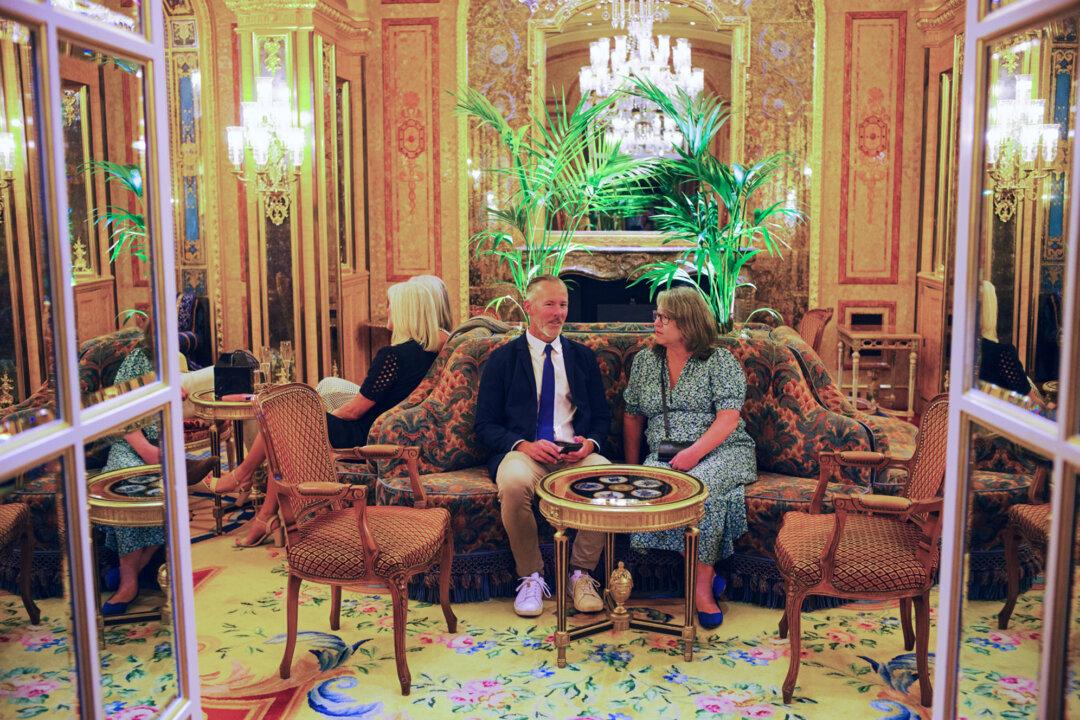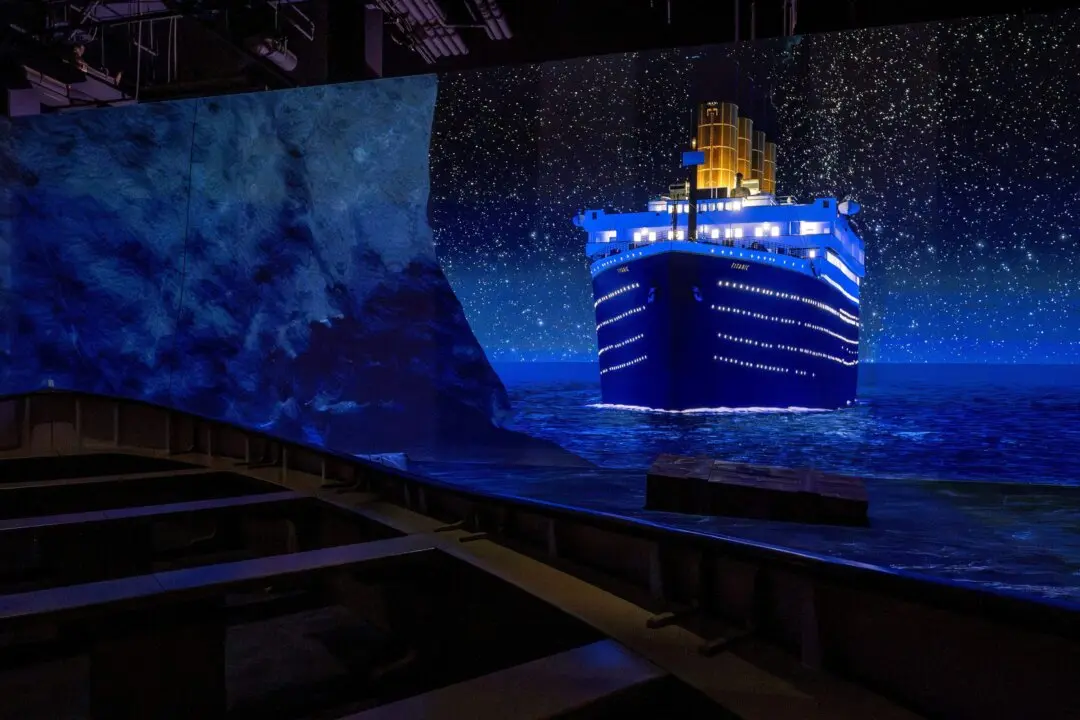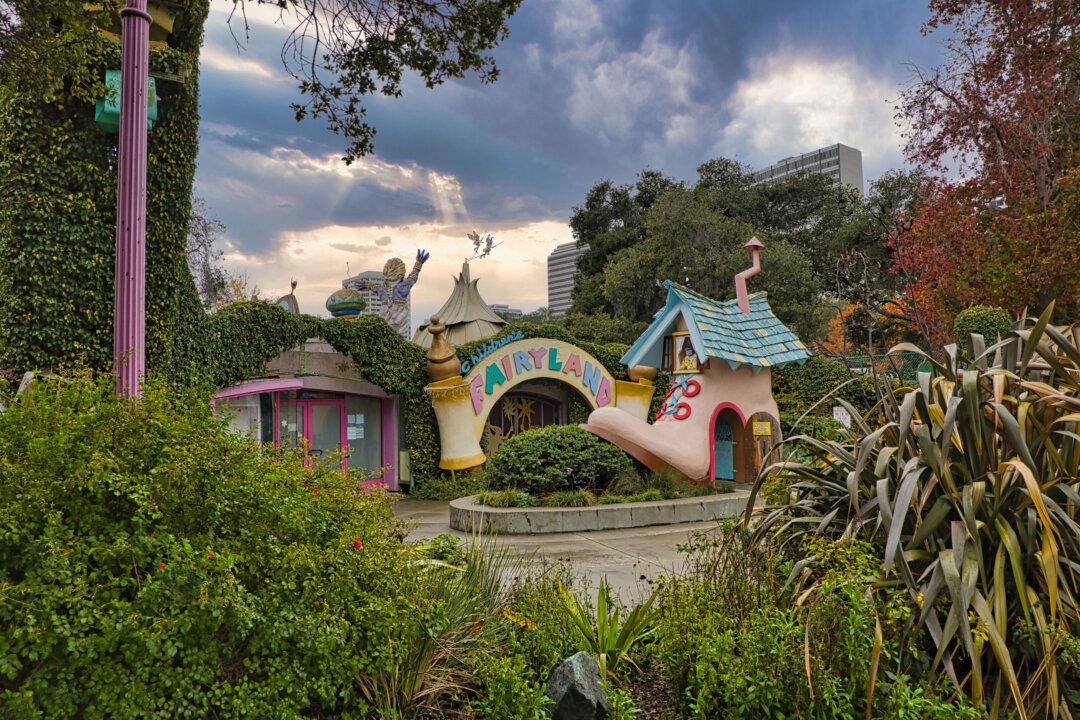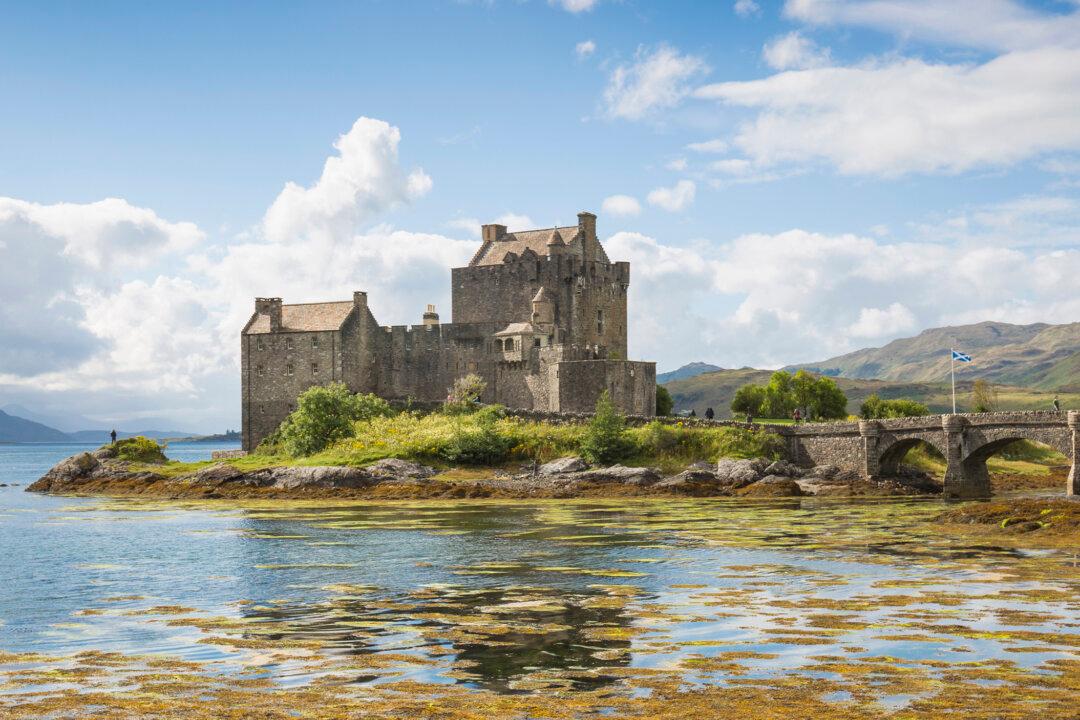By Alan Behr
From Tribune News Service
I had cautioned Ryan that, whatever else we did on our father-son military history tour of England, we would begin with live-fire etiquette practice in preparation for a big event we would shortly be attending. Owing to a transit strike (which seems to occur every other time I visit Britain), the etiquette coaching service I had attempted to hire could not get its people into London. There was nothing for it but to take on the ennobling task myself. If I should prove up to it, the test for Ryan, 13, would come two days hence at no less a venue than the British Museum.






